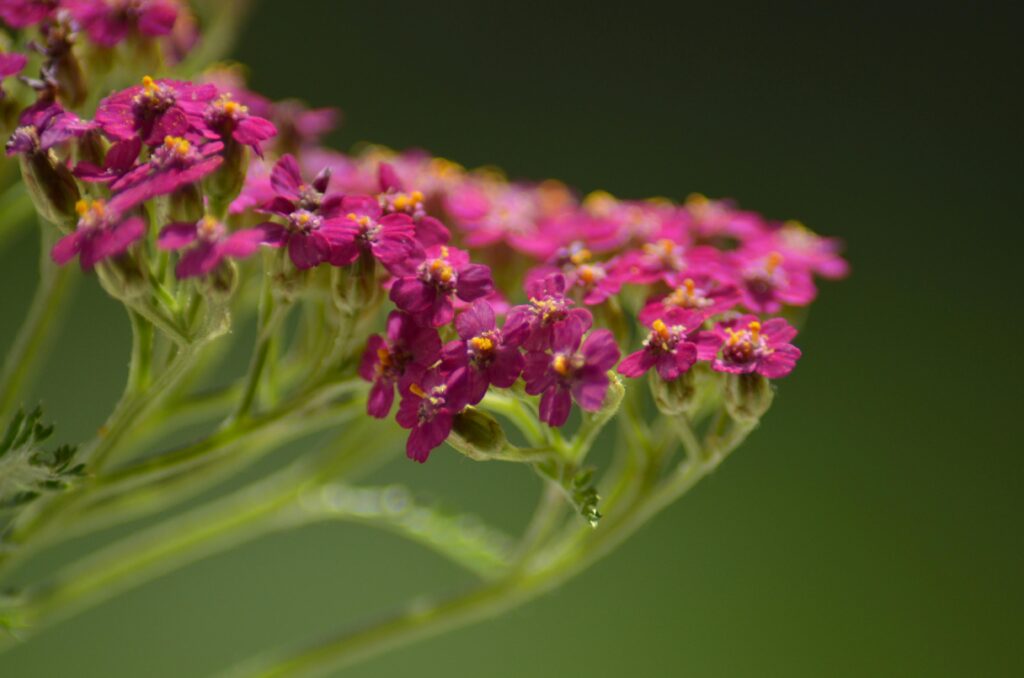Ayurveda Can Cure Everything – True or False?
Ayurveda, the ancient system of medicine that culminated from its roots in India, has often found appreciation for its holistic approach to health and its specific emphasis on the interconnectedness of mind, body, and spirit. While it offers various remedies and treatments for contrasting ailments, claiming “Ayurveda can cure everything” is a more complicated statement than it sounds. To understand Ayurveda’s scope and limitations, it’s essential to delve into its principles, practices, and cultural context within our society.
Ayurveda and the Three Doshas
At the heart of Ayurveda lies the concept of a system that prioritizes balance, known as “doshas.” According to traditional Ayurvedic philosophy, each individual comprises a unique combination of three doshas: Vata (air and space), Pitta (fire and water), and Kapha (earth and water). Health keeps up at an optimal level when these doshas are in harmony, while disease may arise from any imbalance. Ayurvedic treatments focus on restoring this balance through various means, such as diet, lifestyle modifications, herbal remedies, massage, yoga, or meditation.

How Ayurveda Cures Illnesses
One of Ayurveda’s strengths (and perhaps a source of pride for some practitioners to say Ayurveda can cure everything) is that it offers a personalized method for each kind of treatment. Practitioners first assess an individual’s constitution (prakriti) and current imbalance (vikriti) to tailor any needed interventions accordingly. For instance, a person with excess Pitta may be advised to consume cooling foods and herbs to pacify the fiery dosha within them, while someone with aggravated Vata may benefit from warm, grounding practices to counteract the cold and erratic qualities.
Ayurveda also emphasizes a lot about prevention. Upon identifying imbalances in their early stages, it becomes easier for practitioners to help prevent the progression of disease. For example, ritualistic self-care routines (dinacharya) such as oil pulling, tongue scraping, and nasal cleansing can effectively remove toxins (ama) from the body, preventing them from accumulating and causing any kind of disease.
The statement “Ayurveda can cure everything” goes out of the window when you initiate proper prevention measures in the first place!
Moreover, Ayurveda recognizes the interconnectedness of one’s mind and body in health and disease. Emotional well-being is a vital factor to overall health, with stress, negative emotions, and mental imbalances primarily considered as potential root causes for most illnesses. Practices like meditation, pranayama (breath control), and mindfulness are solutions that not only calm the mind but also support physical health by reducing stress-related inflammation.
Finally, we need to address the importance of Ayurvedic herbs. These formulations are extensively used to address a wide range of health conditions. Turmeric, for example, prized for its anti-inflammatory properties, is the go-to solution in alleviating joint pain and supporting digestive health. Ashwagandha, an adaptogenic herb, is highly valuable for its ability to enhance resilience to stress and promote vitality. Triphala, a combination of three fruits, is a stable choice for its detoxifying and rejuvenating effects on the digestive system.
There are so many healing ingredients in the lap of Mother Nature that we will be running out of time to explain all of them!

So, Ayurveda Can Cure Everything – True or False?
However, Ayurveda’s traditional approach may not always align with modern medical practices and standards. Diagnosis in Ayurveda prefers to focus on subjective assessments of symptoms, pulse examination, and observation, which may be perceived as less precise compared to Western diagnostic methods involving laboratory tests and imaging studies. Conclusively, saying that Ayurveda can cure everything is a far-fetch, but if the symptoms are not genetic, then yes, Ayurveda is the possible answer!
Looking to manage your body with some Ayurvedic solutions? Liard offers you its wide range of catalog for exploration!




